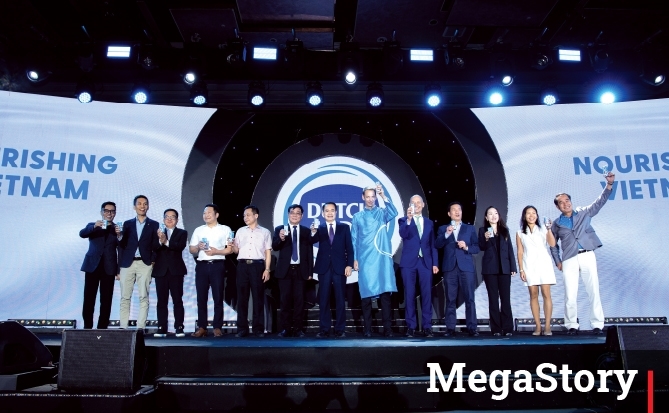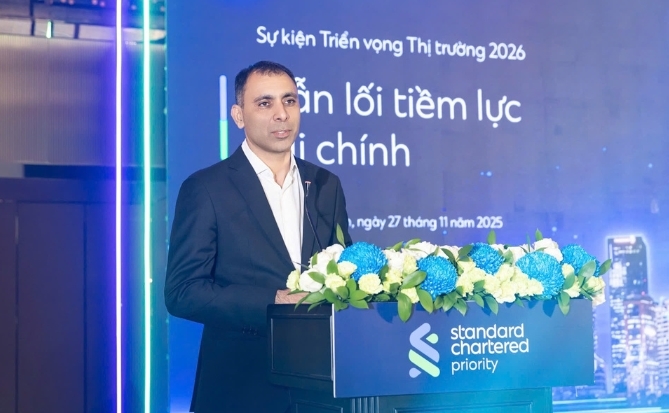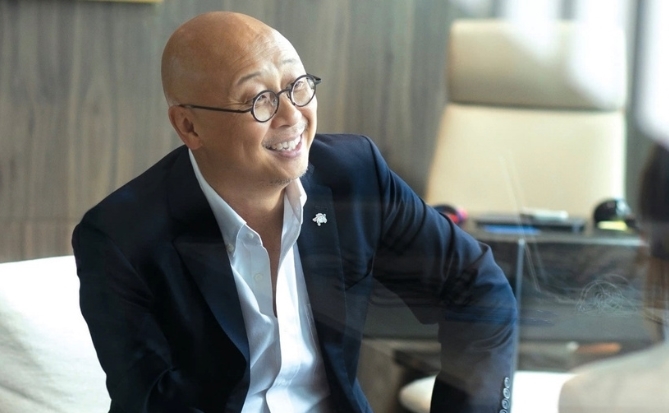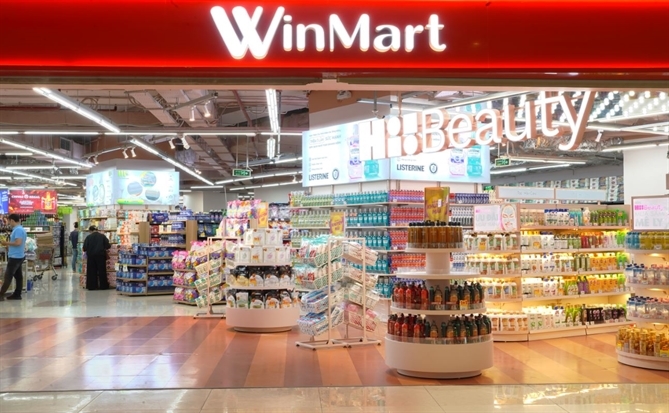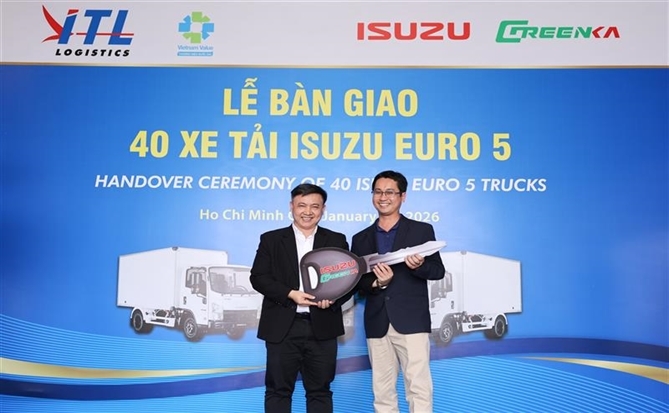Vietnam retail giant Masan says investor tolerance for losses is fading
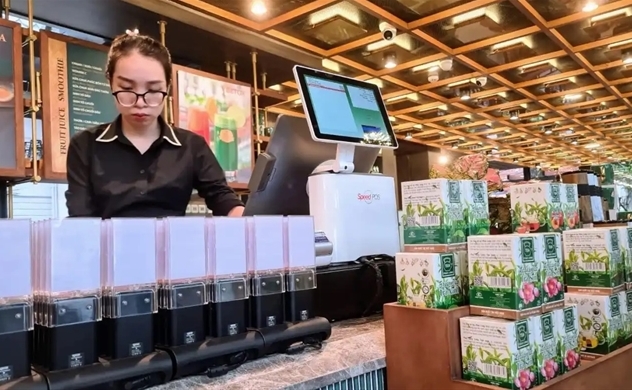
Photo by Lien Hoang.
Backed by Bain Capital and Alibaba, retailer Masan says it is willing to bear some losses in the short term, but -- at a time when the "cost of capital is high" -- investors have only "medium patience."
"The days of being a loss-making company, [for] a multi-billion dollar company, are probably over," CEO Danny Le said at a technology event hosted by the company this week.
The conglomerate, founded by Vietnam's fifth-richest man and known for its fish sauce, now includes dozens of businesses, from a Tesla tungsten supplier to a grocery chain acquired from fellow Vietnamese conglomerate Vingroup.
Group earnings fell 6% in the first three quarters of 2023 year-on-year. This was led by declines at affiliate Techcombank -- chaired by Vietnam's third-richest man -- and larger drops at supermarket and ministop chain operator WinCommerce as well as at Masan High-Tech Materials (MHT).
The latter two represent more recent expansions by Masan. Le said the company would give some of its newer businesses time to reach healthy margin levels in the medium term.
"You will have a holiday from investors to see if you can develop into a profitable business," he said at the event. But, he added, "The days of being heavily patient are over."
TPG, SK Group, Abu Dhabi Investment Authority and Seatown Holdings have invested in Masan. The company is listed in Ho Chi Minh City and has agreed with investors to float its subsidiary, CrownX, by 2026, potentially abroad.
Analysts have said the company risks becoming overstretched across disparate industries. Its business lines include a tea shop chain, credit ratings, mobile internet and logistics, as well as production of meat, noodles, drinks and other goods.
Russia's war in Ukraine has hit its mining arm, MHT, which faces higher costs for energy and raw materials and lower sales prices for tungsten, Masan said in its third-quarter report. This quarter, it is looking to sell down copper inventory, cut debt and reduce costs for blasting and procurement.
The food and retail businesses have been hurt by higher costs and "the slow recovery of consumer sentiment," the report said.
Le's comments echo a trend in the tech sector, with investors losing tolerance for red ink and pushing startups from Grab to Shopee to turn a profit. The cost of money is rising as governments hike interest rates around the world.
Sentiment is down across Vietnam due to mass layoffs, declines in factory and trade demand, and a corruption crackdown hurting the property and financial sectors.
Oxford Economics economist Theng Theng Tan expects higher-for-longer rates to keep foreign demand muted for Vietnamese products, especially from the U.S., while China's reopening is tepid.
"All told, a subdued external environment will likely become a renewed headwind to Vietnam's trade-oriented economy," Tan wrote in a research note on Wednesday.
Le shared a similar sentiment. "The cycle we're in right now is quite tough," he said.
Source: Nikkei Asia

 TIẾNG VIỆT
TIẾNG VIỆT 
